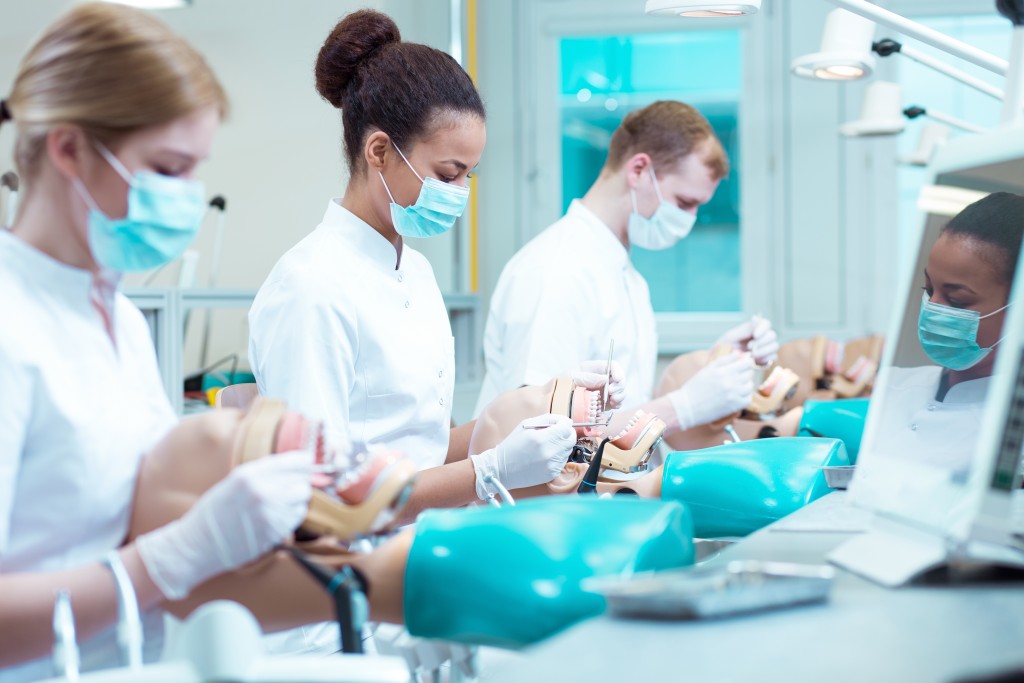Preparing for a practical exam is different from studying for a written or oral exam. It requires a different set of skills beyond simply recalling certain information. Memorization techniques and rote learning are not effective when it comes to preparing for these kinds of examinations. These kinds of tests are usually used to demonstrate a student’s practical skills in a clinical or laboratory setting.
Whether you’re preparing to become a doctor or a laboratory technician, here are some general tips that will help you effectively prepare for any practical exam.
Take advantage of your training
Practical exams basically serve as a refresher for what you’ve learned during your training. Besides your theoretical training, you’ll also be learning practical skills. For example, if you’re taking a CNA training course, these practical skills could include everything infection control to proper handwashing.
If you’re training to be a lab technician, these skills might involve collecting and preparing samples or conducting an experiment. Listen to your instructor well during training sessions and ask them for help if you’re having trouble understanding a topic.
Understand the concepts behind your skills
There’s a logical reason behind each step of what you’re learning, whether that be how to dress a wound or how to operate a microscope. Once you understand the principles and concepts behind each step, the easier it will be to remember the proper action to be taken and the order in which it’s executed. It will make more sense in your head, which will make performing these steps feel second nature to you.
Practice as much as you can
Practice the necessary skills that will appear in your practical exam until you build muscle memory. Find a family member or friend that you can practice these skills on to help you out, or they could also act as a stand-in for your exam proctor. Conduct frequent self-assessments so you can improve any areas you’re still lacking in and ensure that you’re making progress.

Start preparing for your test as early as possible
The earlier you start preparing, the better your results will be. Give yourself time to digest all the lessons and concepts, and perfect the necessary actions you need to perform during your test. It also allows you to seek help if you have trouble understanding a certain topic. If possible, you should review every lesson as the training goes on, and then do refresher and practice sessions in the two or three weeks leading up to the practical exam. This method will guarantee you excellent results.
Take care of your health
Don’t sacrifice your health in pursuit of a passing grade. The healthier and more well-rested you are, the more you’ll be able to retain information and the better you’ll perform on your test. When reviewing, don’t forget to take plenty of breaks, get some exercise and fresh air, eat a proper diet, and get enough sleep.
Change up your study locations
Changing up your study location forces your brain to recall information in various settings. This makes it realize that this information is useful and should be retained. If you’ve been studying in your room, visit a coffee shop, your friend’s house, or the school library for a change of scenery.
Perform well during your practical exam for whatever subject you’re taking with these practical strategies for preparing for a practical exam.
